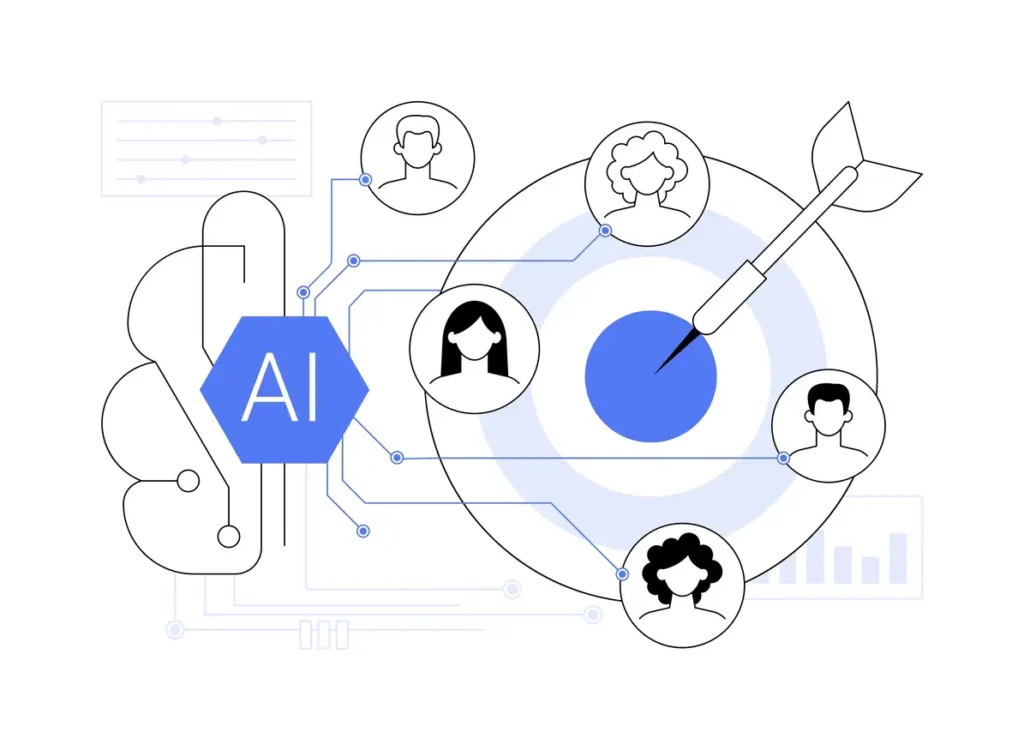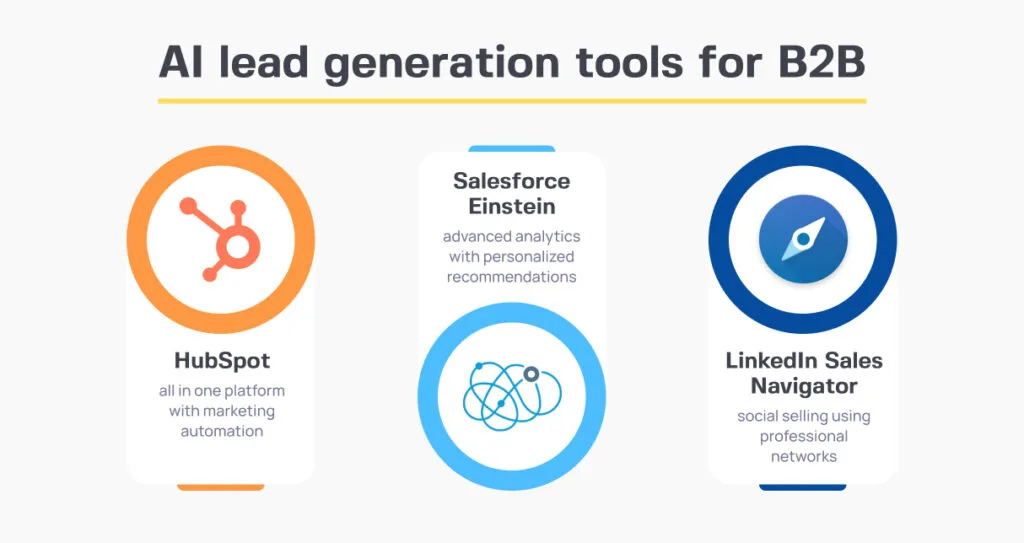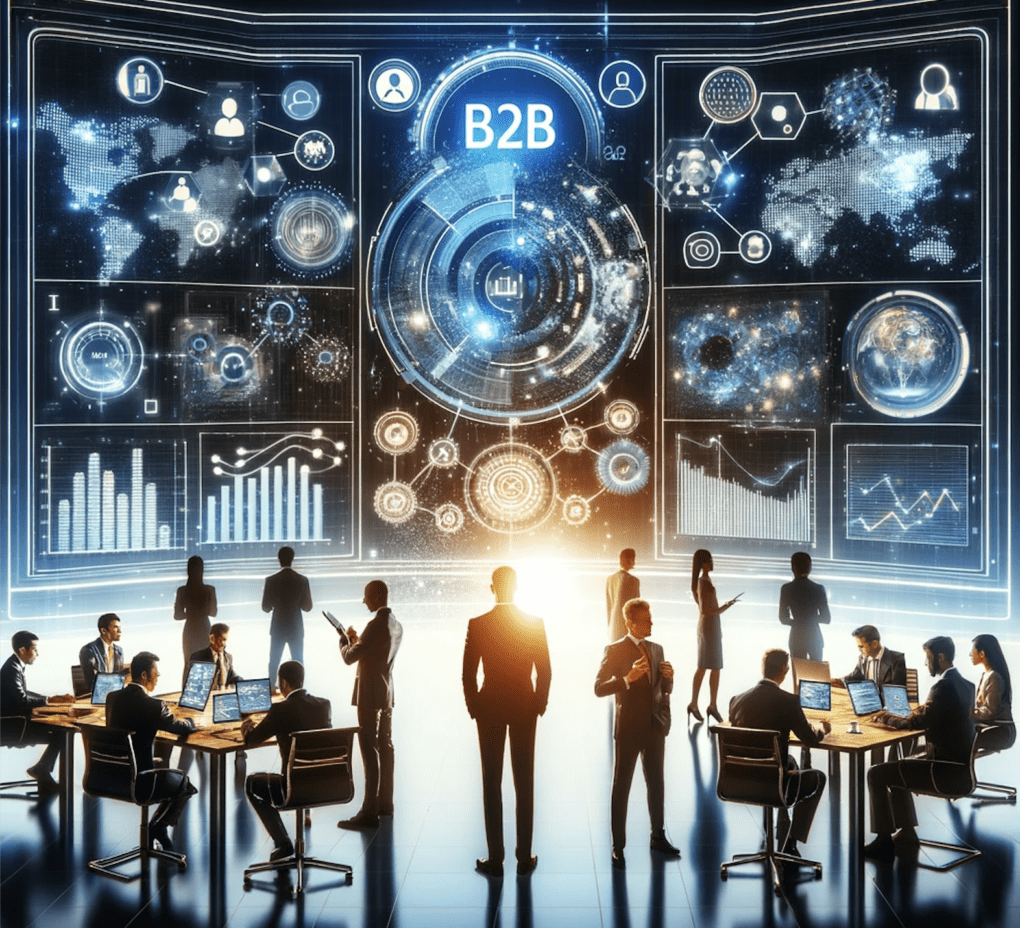Open Performance and Growth With AI Automation for B2B Firms
AI automation is changing the landscape for B2B business. It lowers and improves operations dependence on human treatment. This change allows businesses to make quicker, data-driven decisions. As companies explore which processes to automate, they must additionally think about the right tools to implement. Obstacles stay in taking on AI modern technology. The effects of these adjustments might shape the future of several companies in methods yet to be totally understood
Understanding AI Automation in the B2B Context
As businesses significantly look for effectiveness, understanding AI automation in the B2B context comes to be necessary. AI automation includes utilizing sophisticated innovations to improve procedures, minimize human intervention, and enhance decision-making procedures. In the B2B landscape, this can materialize in numerous types, such as automating customer solution interactions, managing supply chain logistics, or maximizing advertising projects. Business can utilize AI to evaluate massive datasets promptly, enabling them to recognize trends and understandings that inform calculated choices. In addition, AI systems can integrate flawlessly with existing technologies, giving a cohesive platform for managing business features. This understanding lays the foundation for companies to explore just how AI can change their operations, enhance performance, and inevitably foster sustainable growth in an open market.
Key Benefits of Applying AI Automation

Recognizing Procedures Appropriate for Automation

Picking the Right AI Tools for Your Service
When B2B firms consider automating their procedures, picking the best AI devices becomes important for accomplishing wanted outcomes. Business must start by assessing their special demands and objectives, guaranteeing placement with business goals (Minarik AI). Evaluating the scalability, adaptability, and combination capabilities of prospective devices is critical, as these aspects establish long-term performance. Organizations ought to likewise think about user-friendliness and the degree of support supplied by suppliers, as these components can impact successful execution. Additionally, analyzing client evaluations and study can provide insights right into just how particular AI solutions carry out in real-world situations. By thoroughly picking AI devices that fit their operational needs, B2B companies can improve effectiveness and drive growth while lessening prospective disruptions
Getting Rid Of Obstacles in AI Fostering
B2B business usually run into substantial difficulties in embracing AI innovations, especially concerns associated with information high quality and resistance to change management. Poor information top quality can prevent the efficiency of AI systems, while worker reluctance to embrace new procedures can delay application efforts - AI Automation For B2B. Addressing these obstacles is important for successful AI assimilation and optimizing its prospective benefits
Information High Quality Issues
Assuring high information top quality is crucial for the effective adoption of AI technologies in business-to-business settings. Inaccurate, insufficient, or out-of-date data can severely prevent AI efforts, leading to wrong understandings and poor decision-making. Firms commonly face obstacles such as data silos, inconsistencies across various resources, and a lack of standard data layouts. To get rid of these issues, companies must buy data cleaning, assimilation, and administration processes. Implementing robust information management techniques guarantees that the details fed into AI systems is reliable and appropriate. Fostering a culture of information quality understanding amongst staff members can enhance data precision over time. By addressing data high quality worries, B2B firms can release the full capacity of AI automation, driving performance and development.
Change Management Resistance

Measuring the Influence of AI Automation
Gauging the effect of AI automation in B2B companies calls for a clear understanding of crucial performance indications (KPIs) that align with business purposes. Efficient data evaluation techniques are essential for analyzing the outcomes, while robust ROI assessment approaches assist determine the monetary benefits of automation initiatives. With each other, these elements provide an extensive structure for evaluating AI's payments to business success.
Secret Performance Indicators
Trick efficiency indicators (KPIs) function as important devices for B2B companies to examine the efficiency of AI automation initiatives. By establishing clear metrics, companies can gauge improvements in functional effectiveness, cost decrease, and revenue growth straight attributable to automation. Common KPIs include cycle time decrease, error prices, customer complete satisfaction ratings, and employee efficiency degrees. These indications provide understandings right into how AI systems are enhancing procedures and enhancing general efficiency. Furthermore, tracking KPIs enables business to determine locations for further improvement and to line up AI automation initiatives with critical company goals. Inevitably, a distinct framework of KPIs guarantees that B2B business can quantitatively examine the effect of AI automation on their procedures and drive continual development.
Information Evaluation Techniques
Effective data analysis strategies play a necessary duty in evaluating the impact of AI automation within B2B companies. By utilizing statistical methods, organizations can determine trends and patterns in functional information, permitting them to evaluate the effectiveness gets attained with automation. Methods such as regression analysis and time series forecasting offer insights into how AI-driven procedures affect efficiency and decision-making. Furthermore, data visualization devices can efficiently communicate findings to stakeholders, helping with informed strategic choices. Artificial intelligence algorithms can even more enhance evaluation by anticipating future results based on historic data, offering workable insights. Ultimately, these strategies allow B2B companies to gauge success and enhance their AI automation efforts, guaranteeing alignment with organization goals and enhancing total efficiency.
ROI Evaluation Methods
Assessing the roi (ROI) of AI automation is vital for B2B companies looking for to understand the economic ramifications of their technical efforts. Firms can use different ROI assessment techniques to assess the efficiency of AI implementations - Growth Systems For B2B. One efficient approach includes calculating expense savings by contrasting operational expenditures before and after automation (Business Process Automation). In addition, determining productivity enhancements through vital efficiency indicators (KPIs) aids quantify the advantages of AI. Client fulfillment metrics can also provide understandings right into the effect of automation on service high quality. To guarantee a detailed evaluation, business must consider both direct abstract benefits and economic returns, such as improved decision-making capacities and competitive benefit. This multifaceted examination enables B2B companies to make enlightened choices relating to future financial investments in AI technology
Future Patterns in AI Automation for B2B Firms
What developments lie in advance for AI automation in B2B business? Arising trends suggest a substantial shift towards enhanced information analytics capacities, enabling services to make even more informed decisions. Predictive analytics will certainly become significantly essential, enabling business to prepare for market adjustments and customer needs. Furthermore, the integration of AI with Web of Points (IoT) modern technology is anticipated to streamline operations by offering real-time insights and automation of processes. Firms will certainly also focus on improving customer experiences with customized advertising and marketing driven by AI formulas. Furthermore, improvements in all-natural language handling will help with much better communication between companies and customers. As these patterns progress, B2B business should adapt to take advantage of AI automation successfully, making sure sustained growth and competitive benefit.
Often Asked Concerns
What Industries Benefit the Most From AI Automation in B2B?
Manufacturing, finance, healthcare, and logistics sectors profit the most from AI automation in B2B. These sectors utilize AI to enhance processes, boost decision-making, and enhance overall functional effectiveness, driving significant development and technology.
Exactly How Does AI Automation Effect Worker Responsibilities and Responsibilities?
AI automation improves staff member functions and duties by improving repetitive jobs, making it possible for employees to concentrate on strategic efforts. This shift fosters skill growth, improves performance, and motivates collaboration, eventually driving organizational development and innovation.
What Are Usual Misunderstandings Concerning AI Automation in B2B?
Usual false impressions concerning AI automation in B2B consist of anxieties of task loss, ideas that AI can completely change human judgment, and undervaluing the importance of cooperation in between AI systems and employees for excellent outcomes.
Just How Can Businesses Guarantee Data Personal Privacy With AI Automation?
Organizations can assure data privacy with AI automation by carrying out durable security protocols, adhering to regulative compliance, carrying out routine audits, and training staff members on information taking care of practices to mitigate risks and safeguard sensitive info.
What Are the Expenses Connected With Executing AI Automation?
The costs linked with carrying out AI automation include software procurement, infrastructure upgrades, training employees, continuous upkeep, and prospective downtime during integration. Furthermore, firms might sustain costs related Minarik AI to data security and conformity steps.
Measuring the impact of AI automation in B2B companies needs a clear understanding of essential efficiency signs (KPIs) that line up with organization purposes. Trick efficiency signs (KPIs) serve as crucial tools for B2B business to assess the efficiency of AI automation efforts. Reliable information analysis methods play a vital duty in assessing the effect of AI automation within B2B firms. Assessing the return on investment (ROI) of AI automation is essential for B2B business looking for to understand the monetary effects of their technical efforts. What technologies exist ahead for AI automation in B2B firms?